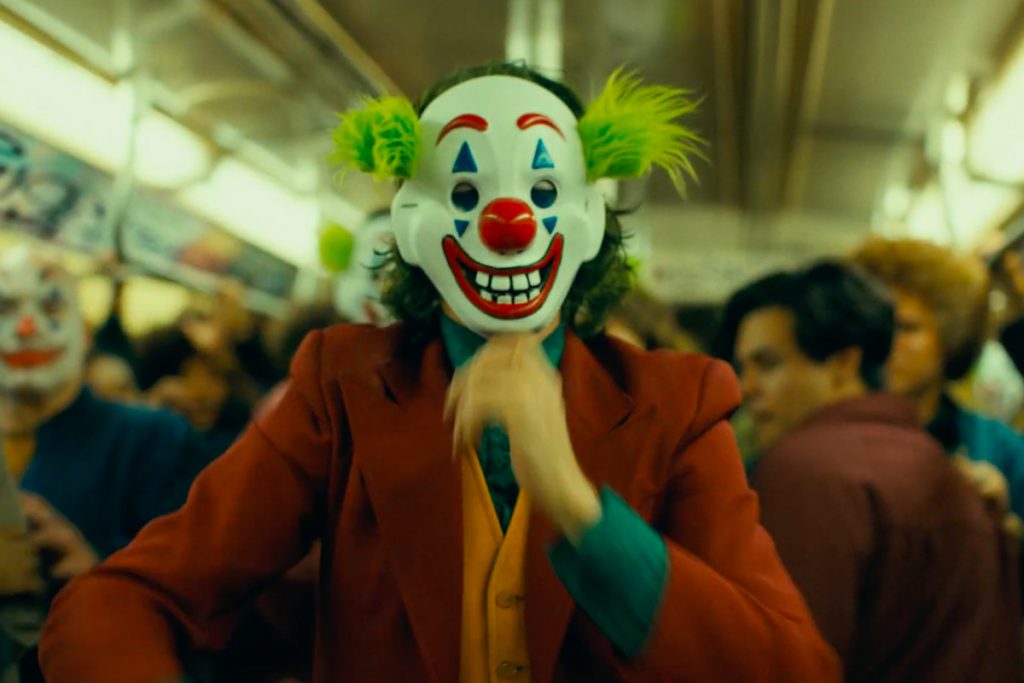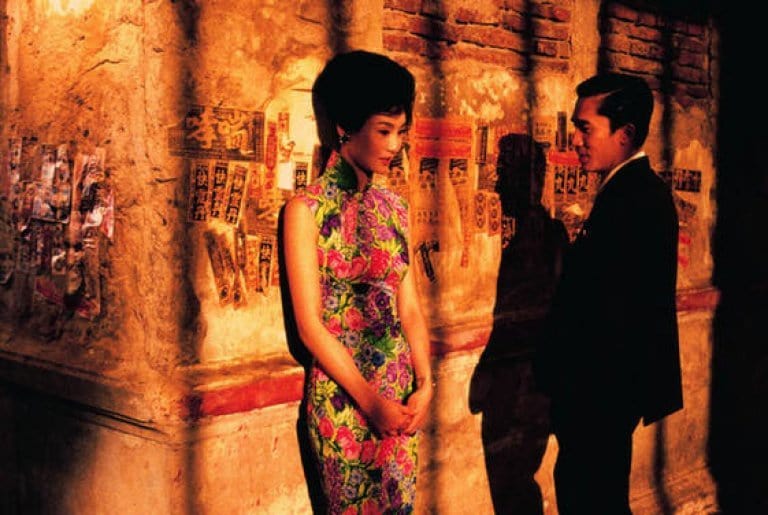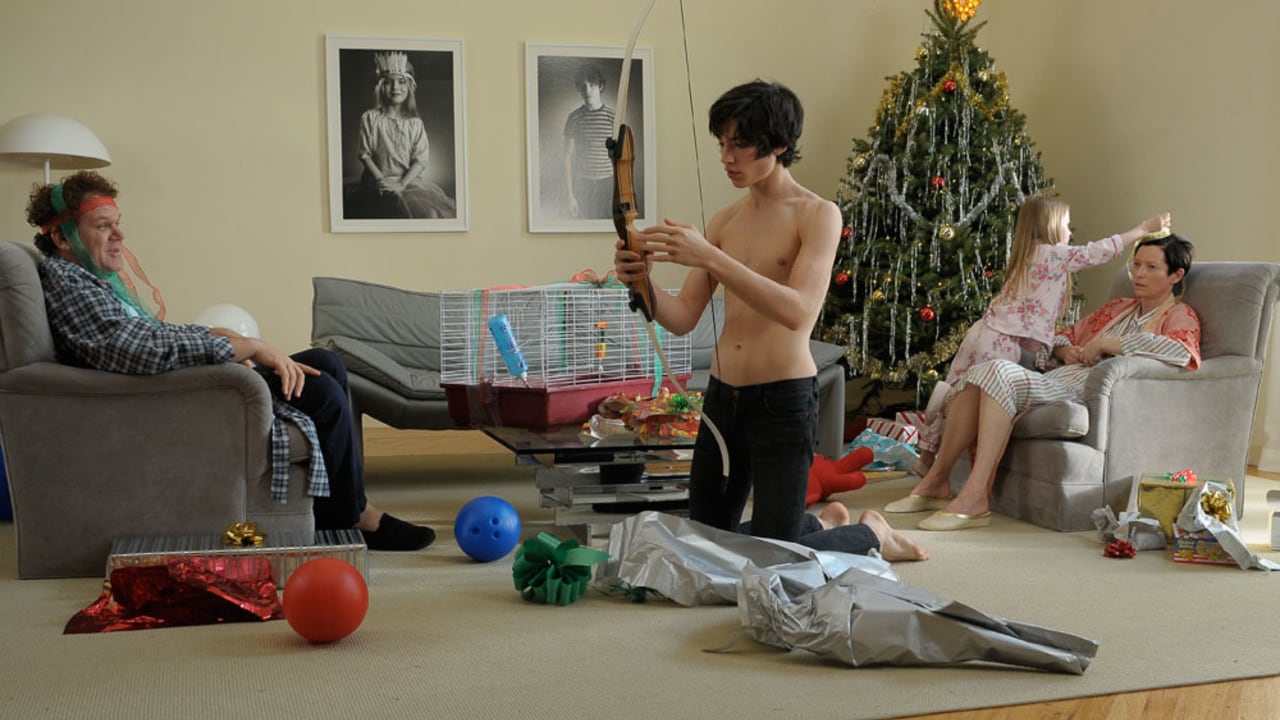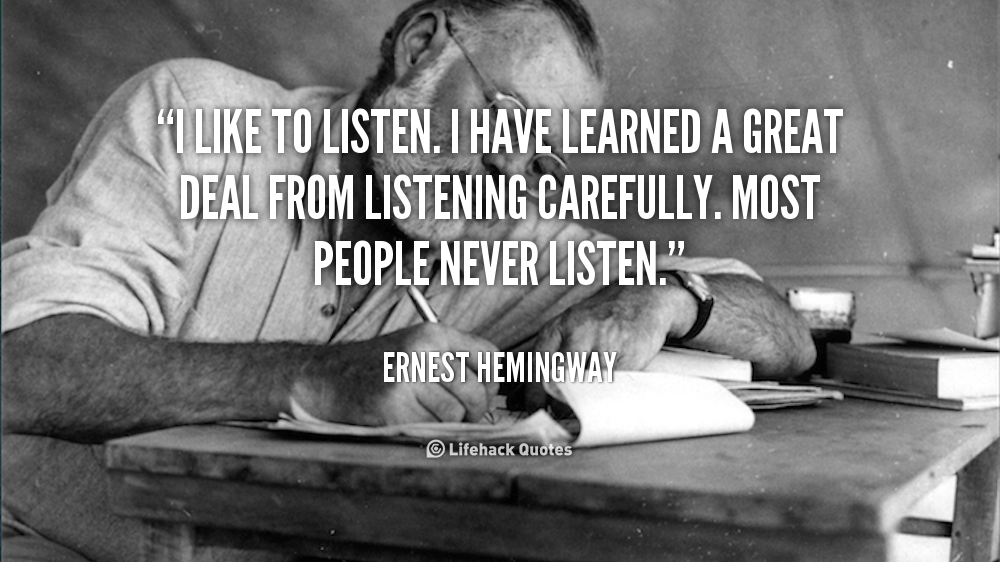
Lees verder Wat kunnen we leren van ”De Pest” [Albert Camus, 1947]?– Zeg mij eerlijk uw mening, bent u er zeker van dat het de pest is?
– U stelt het probleem verkeerd. Het is geen kwestie van woorden, het is een kwestie van tijd” (41).
Onder ”quotes” vallen posts waarin (ook) anderen aan het woord zijn. Dit kan interviews van eigen hand betreffen, maar ook uitspraken en verhalen die me inspireren en/of reden tot nadenken bieden.

Lees verder Wat kunnen we leren van ”De Pest” [Albert Camus, 1947]?– Zeg mij eerlijk uw mening, bent u er zeker van dat het de pest is?
– U stelt het probleem verkeerd. Het is geen kwestie van woorden, het is een kwestie van tijd” (41).

The most important film of 2019: masks and mirrors, chaos in the streets. And one individual: an individual as an idea, an idea as an individual. Society’s underbelly about to burst open.
Lees verder Joker (2019): The messenger is the messengeVIDEO Verwijderd (Adam Curtis, 2016, YouTube.com)
The term “hypernormalisation” is taken from Alexei Yurchak’s 2006 book Everything Was Forever, Until It Was No More: The Last Soviet Generation, in which Yurchak argues that for many decades everyone had known the Soviet system was failing, but as no one could imagine any alternative, politicians and citizens were resigned to maintaining a pretence of a functioning society. Over time, this delusion became a self-fulfilling prophecy and the “fakeness” was accepted by everyone as real, an effect that Yurchak termed “hypernormalisation.
”Curtis exposes a deeply cynical world where powerful institutions and manipulative agents (millionaires, business men, politicians, secret servicemen) conspire to frustrate, prevent and ultimately destroy the potential for change, mainly by marshalling all the forces of modern art, entertainment and news media to attack the individuals sense of reality and their ability to perceive danger and control.”
Lees verder Waar komt ”Het Nieuwe Normaal” eigenlijk vandaan?
In the autumn of 2018, I attented the yearly conference of the NGG (Nederlands Genootschap voor Godsdienstwetenschap). The overarching theme was ‘Interpreting Rituals’. Keynote lectures and paper sessions shed a light on a broad variety of topics, challenging me and the other research master students on the spot to search for challenging perspectives. The paper that I am sharing serves as a reflection on the conference and one of its pivotal themes. I wrote it in the aftermath of the event, but the case study that I used will be the starting point for another paper on David Bowie and performativity, which I will hopefully produce this spring.
Lees verder Essay: Performing Death (NGG Conference Religious Studies, 2018)
Filmvrienden Gudo Tienhooven en John de Jong vierden in 2018 het tien(!)jarige jubileum van hun filmpodcast Movie Insiders. In een speciale uitzending onthulden zij welke films hun all-time top-50 aanvoerden en keken ze terug op de talloze uitzendingen die aan dat moment voorafgingen. Ik ben eigenlijk een rookie – ik ken de heren nu 1,5 jaar [schat ik], wat zou betekenen dat ik nog een jaartje of 8,5 aan materiaal heb terug te luisteren;) De podcast is een aanrader voor eenieder die film een warm hart toedraagt.
Lees verder Movie Insiders: de beste filmmuziek van 2018 [podcast]

Altijd leuk om meer persoonlijke vragen te beantwoorden over die grote passie waar je normaal vooral op andere manieren mee bezig bent. Klik hier voor een interview met mijn blogcollega’s van IheartCinema.

We use storytelling to escape from our most bitter and indigestible truths. One of the constants in all the stories we tell, across all cultures, is this Star Wars morality: a division of the world into good and evil. Good guys and bad guys only exist in stories. Every act of evil throughout history has been committed by human-beings like us, and every time we divide the world into good guys and bad guys, we actively deceive ourselves. And it’s a dangerous lie, because it helps us run away from the unpleasant reality that evil is something human. (…)There are no evil people, there are only people who commit evil. Whenever we take that leap, from people who do evil to evil people, then we’re just using stories to escape from the things in ourselves that we cannot face up to.
-Joshua Oppenheimer-[1]
In 1965 and 1966, followers of Muhammad Suharto’s anti-communistic regime tortured and murdered at least half a million people.[2] The perpetrators were never officially punished for their crimes. History is always written by the victors, and in their grand narrative, justice has been done. This explains the surrealistic opening of Joshua Oppenheimers The Act of Killing (2012): Anwar Congo’s re-enacted execution on the rooftop (illustr. 1) is a horrifying showcase of a self-proclaimed war hero. What we may expect is regret, what we actually see is pride.[3]
Lees verder Emotional truth over politics? The voice of the director in The Act of Killing

Hoe vaak wordt verlangen niet gestuurd en beantwoord door de lokroep van het (over)spel? Zijn vrouw is weg, haar man is weg – er is geen enkele reden waarom Chow (Tony Leung) en Su (Maggie Cheung) niet aan hun blikkenspel zouden toegeven. Toch kiest Wong Kar-Wai (2046, My Blueberry Nights) daar geen moment voor. Het gevolg? Een goudeerlijk en doorleefd melancholisch filmessay over de randjes van de liefde.
Lees verder Recensie: In the Mood for Love (Wong Kar-Wai, 2000)

Is er een verklaring voor ongeremd geweld, en kunnen we in de psyche kruipen van geweldplegers? We stellen deze vragen maar al te vaak om ons tot antwoorden te kunnen wenden. We zoeken en vinden grote verhalen (erfzonde – boete – schuld), óf we verhouden ons tot het idee dat alles en iedereen kwaad kan doen. Kwaad is dan gewoon, banaal: het zit verstopt in de kleine hoekjes van ons doodnormale menszijn.
Lees verder De banaliteit van het kwaad: Elephant en We Need To Talk About Kevin

‘’Met elkaar lazen we Homerus, Plato, Sophocles, Augustinus, Kant, Hegel, Marx en Virginia Woolf. Die boeken’’.[1]
Lees verder Essay: de politieke universiteit en de teloorgang van het luisteren